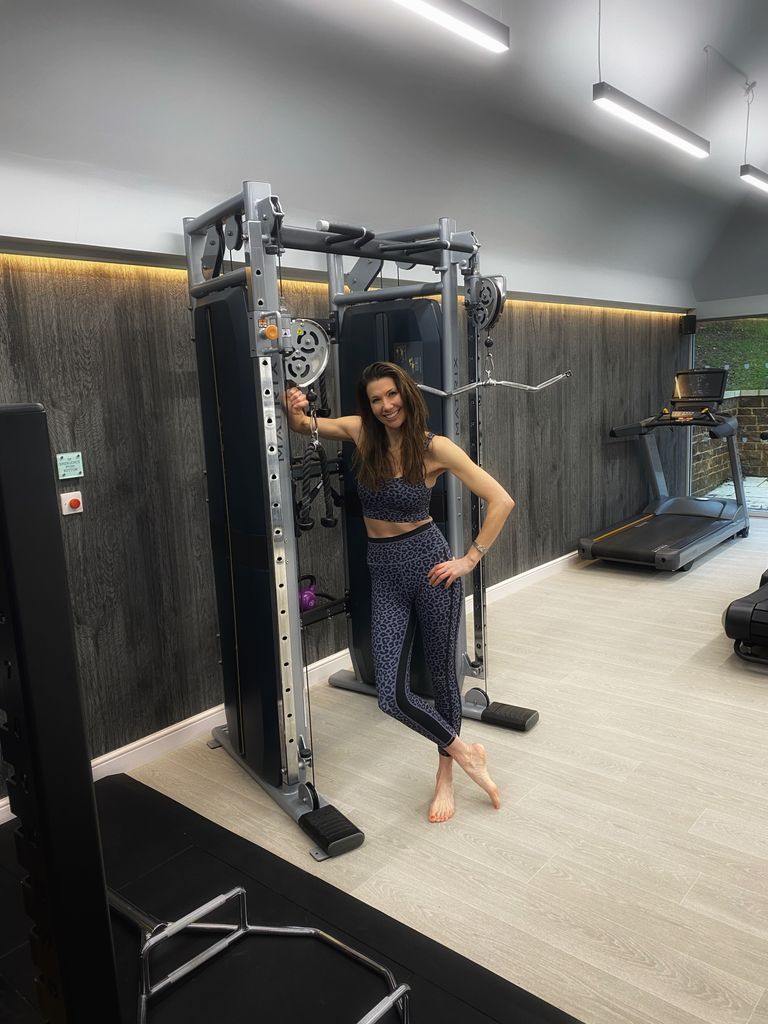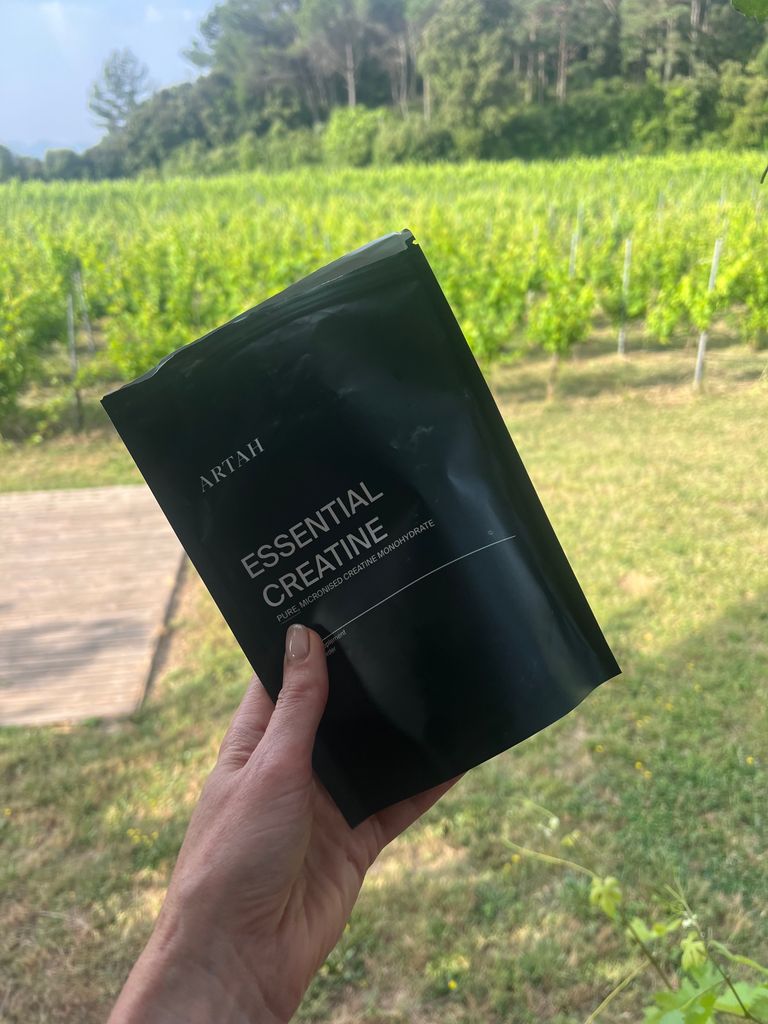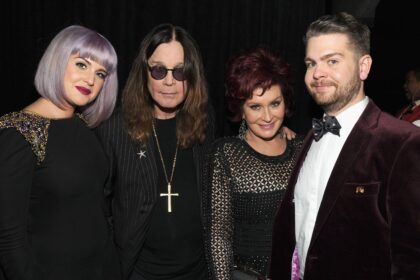I’m a supplement sceptic. I’m plied daily with pills and powders from brands who promise they’ll make me sleep better, look better, be less anxious and more horny, but I mainly consign them to my cupboard (AKA their final resting place).
But there’s one supplement that might make it out of the packet and down my gullet. Creatine.
Creatine has traditionally been the (mainly male) preserve of bodybuilders, gym goers and serious athletes, but now there’s a buzz about it in wellness circles too.
It’s being taken by female leaders in the field who are reassuringly stringent about things like scientific evidence. Liz Earle MBE has it in her coffee in the morning and said recently on the Zoe podcast that she finds it “really beneficial” and that “it’s one of, if not the most, highly researched supplements.”
I looked, and it’s true; there’s a slew of scientific studies considering its benefits in credible journals.
What is creatine?
Creatine is a substance made up of three amino acids. We can produce it ourselves, get it from our diet (from meat and oily fish and to a lesser extent, dairy), or we can take it in the form of supplementation.
Why would we need to supplement creatine?
Most of us don’t make enough creatine, and many of us don’t consume enough of it in our food to compensate for that lack. Vegans in particular find it hard to get creatine from their diet.
Why should we take creatine?
If you do resistance training (the fancy name for any exercise that uses weights or your own body weight), creatine will improve strength and energy during your sessions.
It will also improve your recovery and increase lean muscle mass (helpful because we lose that as we get older).
There’s also emerging evidence that creatine supports heart health, improves mood, reduces fatigue and is good for the brain, potentially even helping with Alzheimer’s.
The problem, for me anyway, is that creatine powders have previously been made for and marketed to gym bros, with products having zero shelf appeal and often looking, to use a technical term, dodgy.
It was timely that a new offering from bougie supplement brand Artah landed on my desk. Not only is the brand’s Essential Creatine, from £23.80 a month, aesthetically appealing, it also promises a high level of purity.
Artah’s creator, nutritionist and founder of the brand, Rhian Stephenson, says when she researched the existing creatine market, she found a wild west.
Creatine gummies with zero creatine in them (but lots of sugar) and creatine powders that contained fillers, heavy metals and manufacturing byproducts. They also tasted “chalky and disgusting” so she micronised her formula, meaning it dissolves easily and elegantly.
How often to take it? Rhian says a teaspoon every day. Sold. I’m adding a shot of longevity to my latte from now on…
Read the full article here








